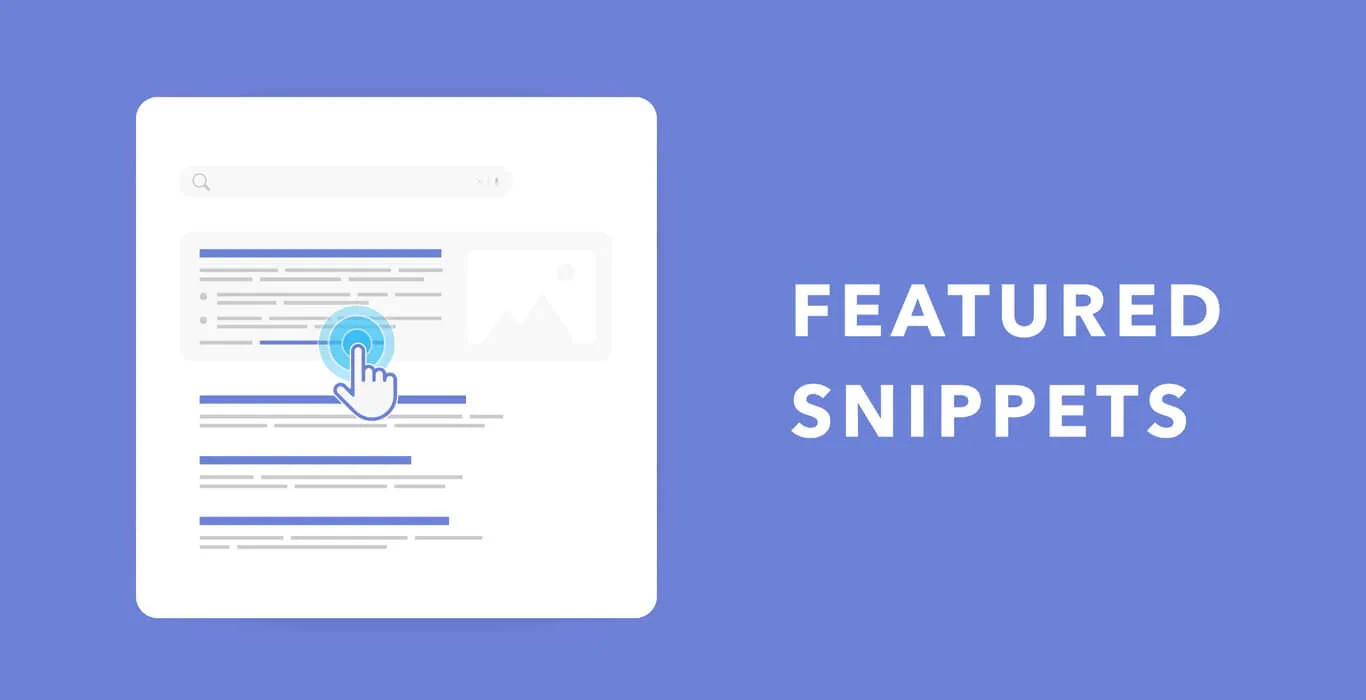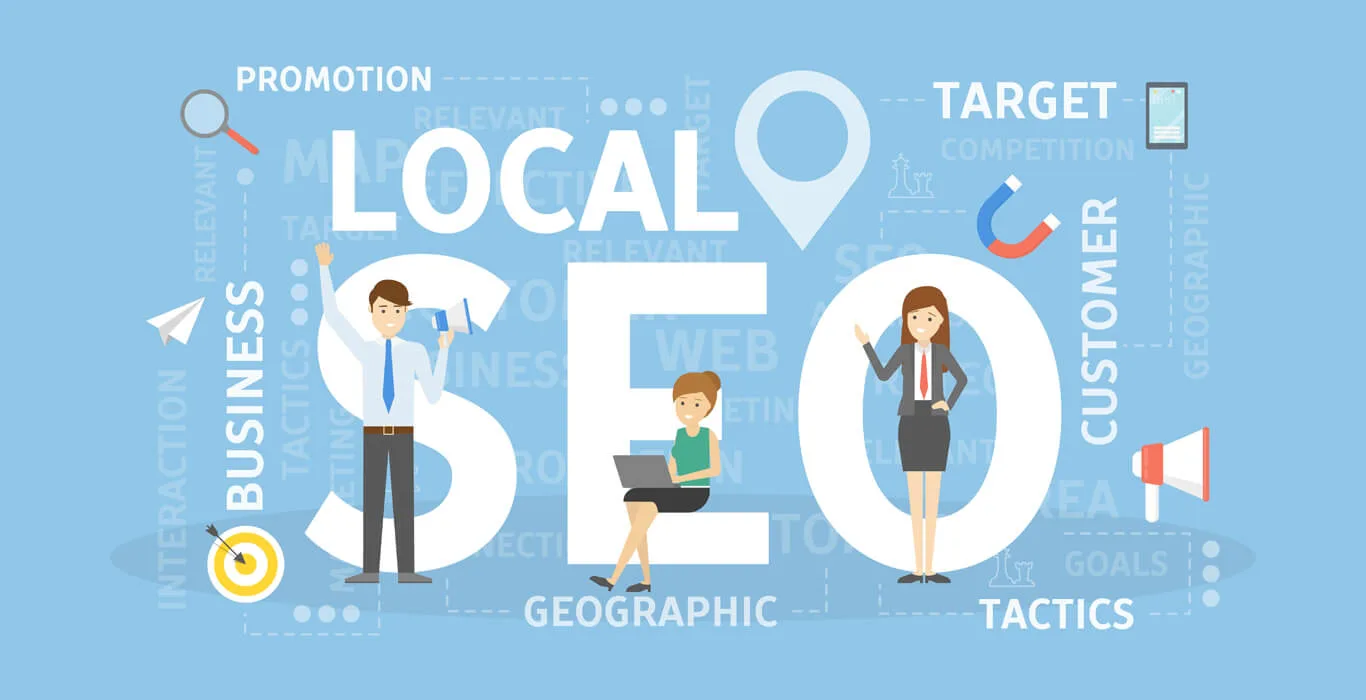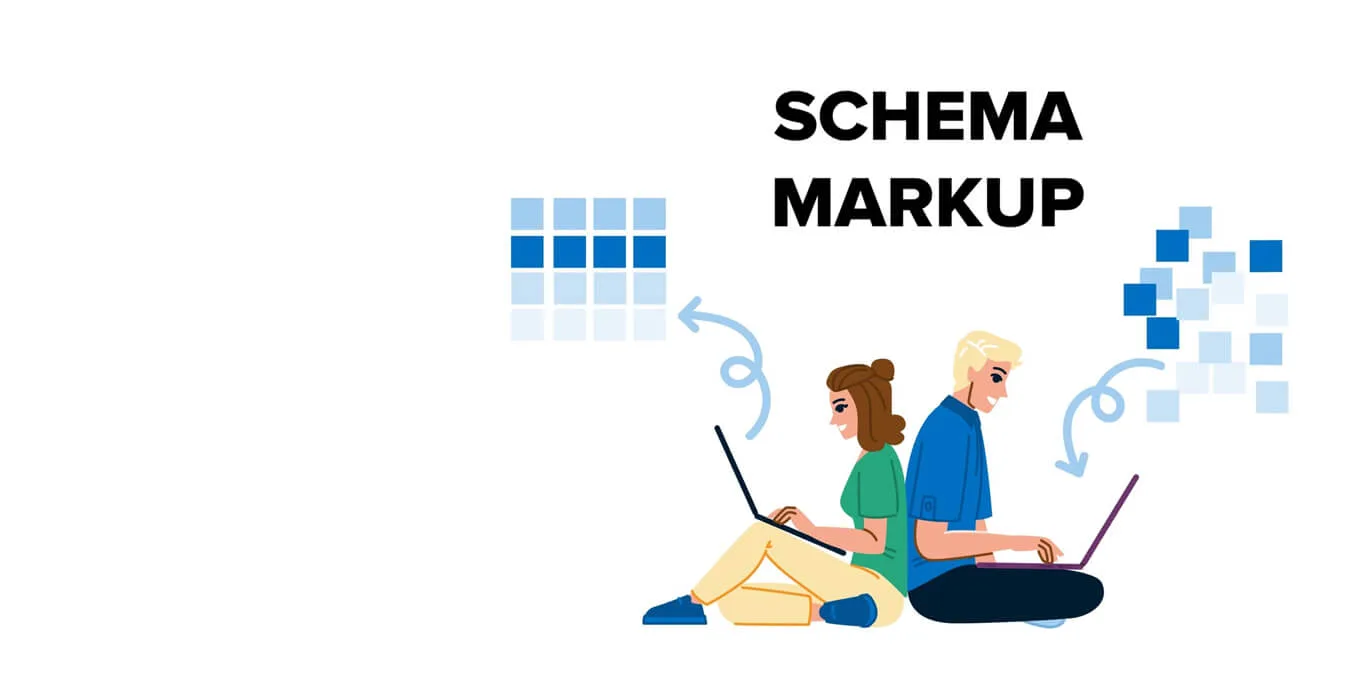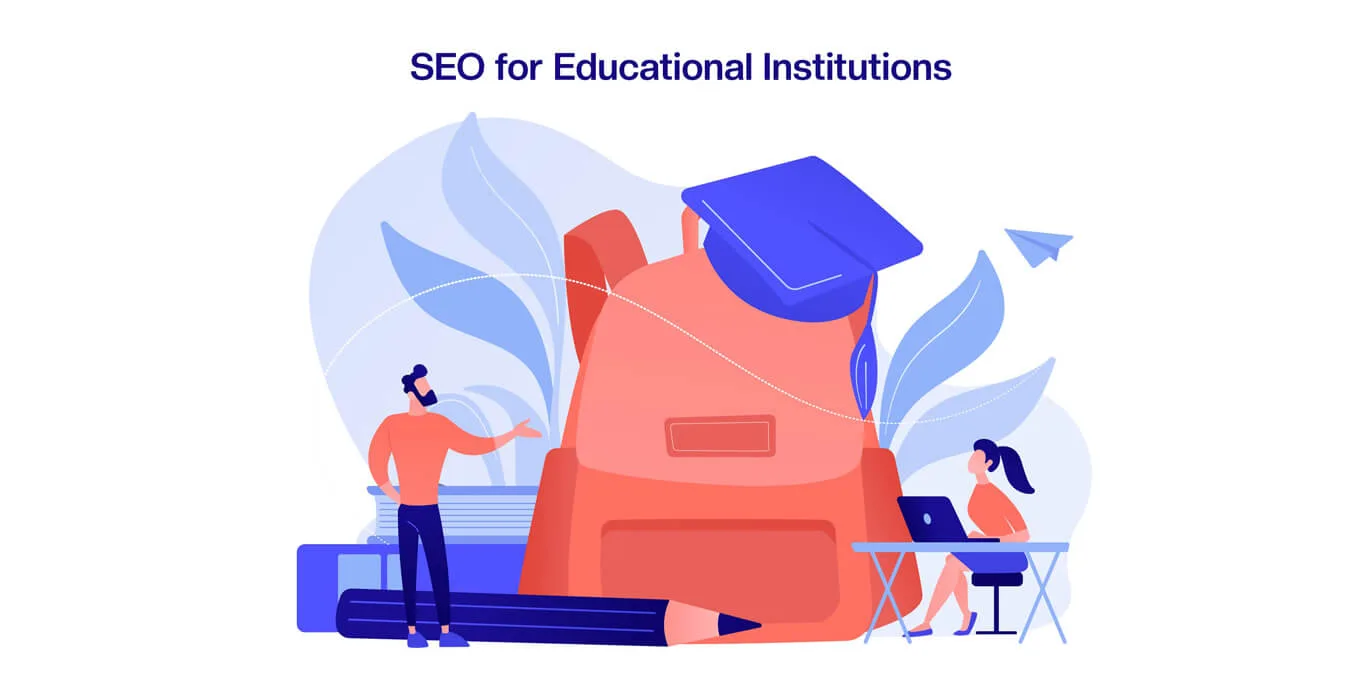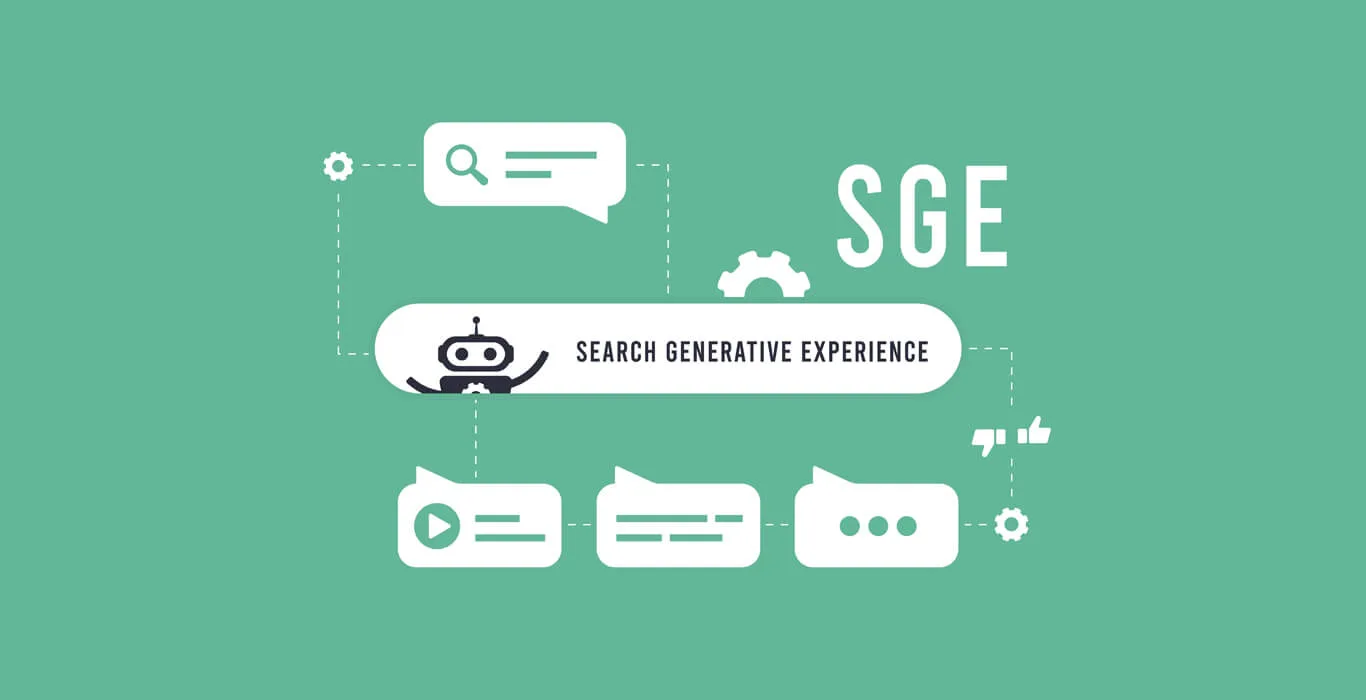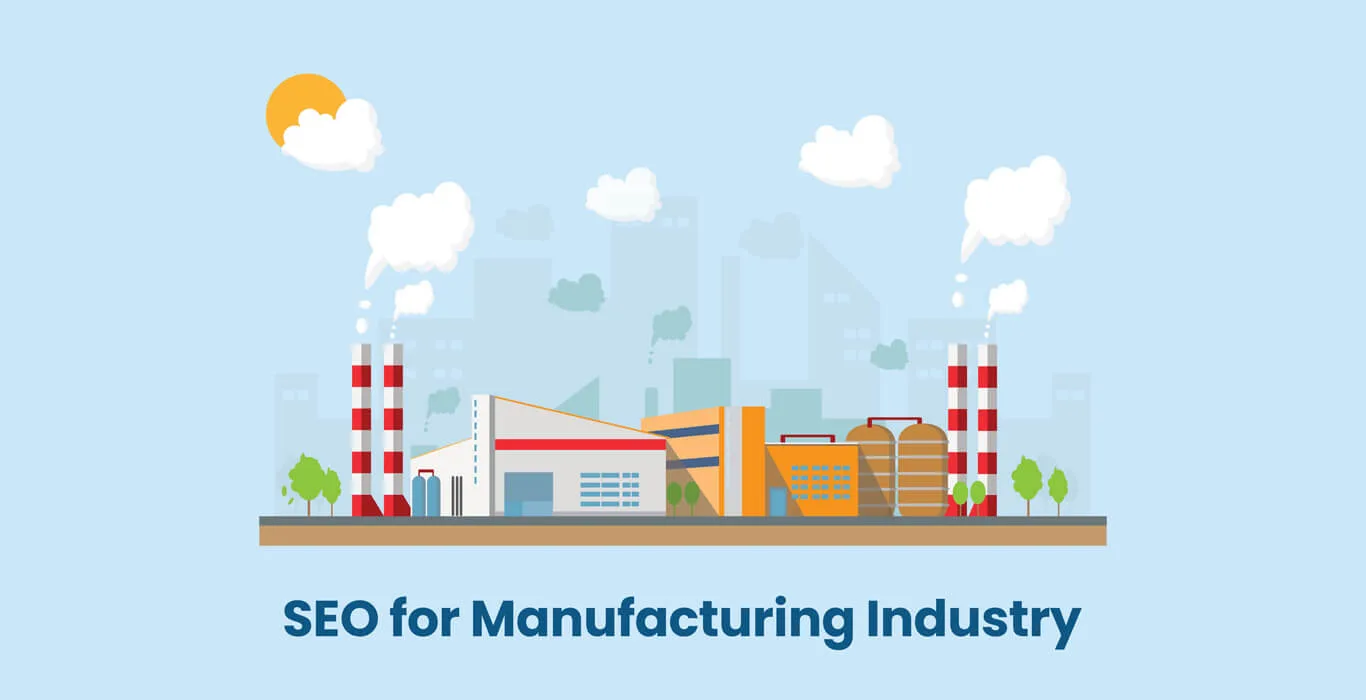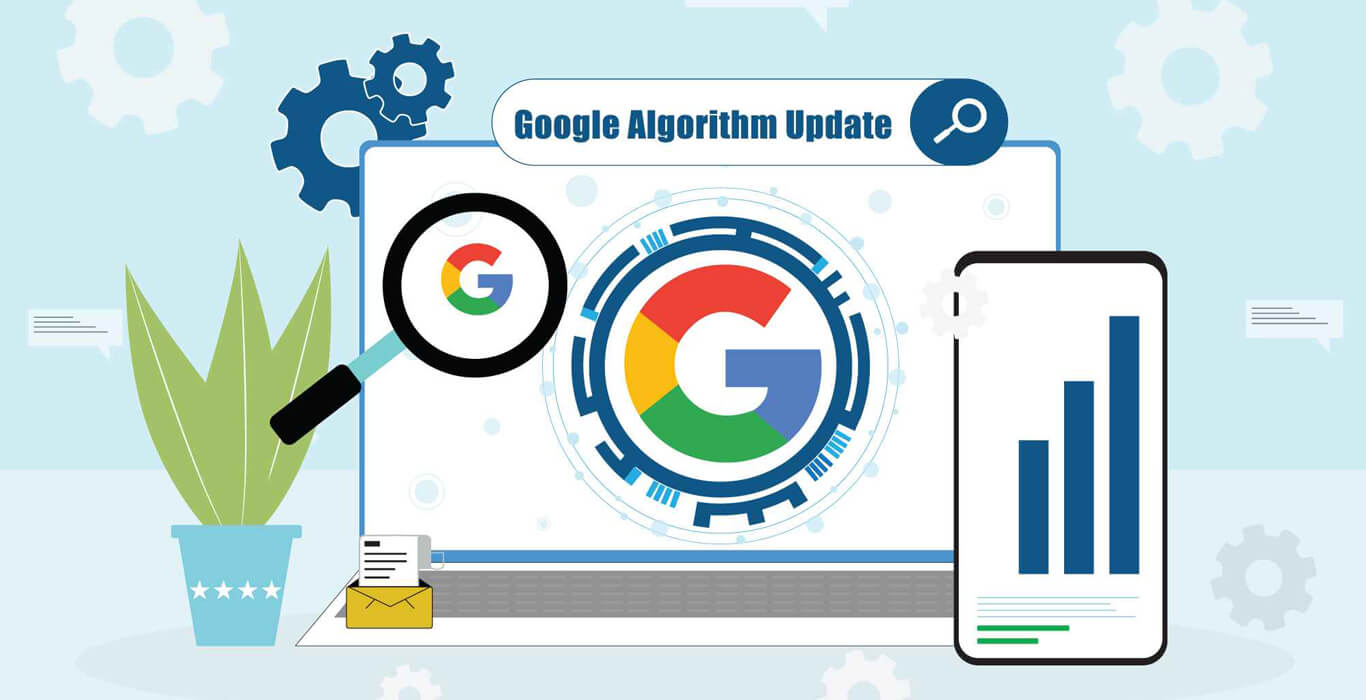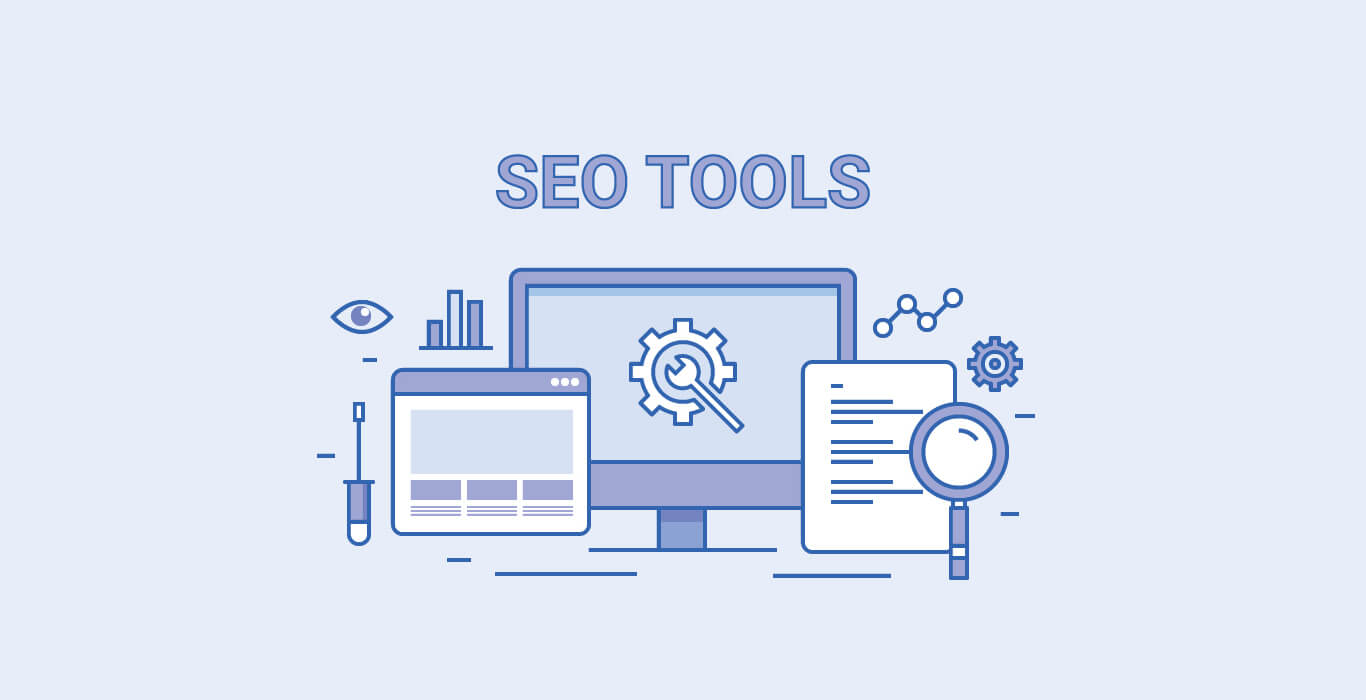|
Getting your Trinity Audio player ready... |
5 min read
Remember the good old days of SEO, where keyword stuffing ruled the roost and search engine algorithms were more like a secret language? Those days are thankfully becoming a distant memory. The world of SEO is undergoing a radical transformation, driven by the ever-evolving power of Artificial Intelligence (AI).
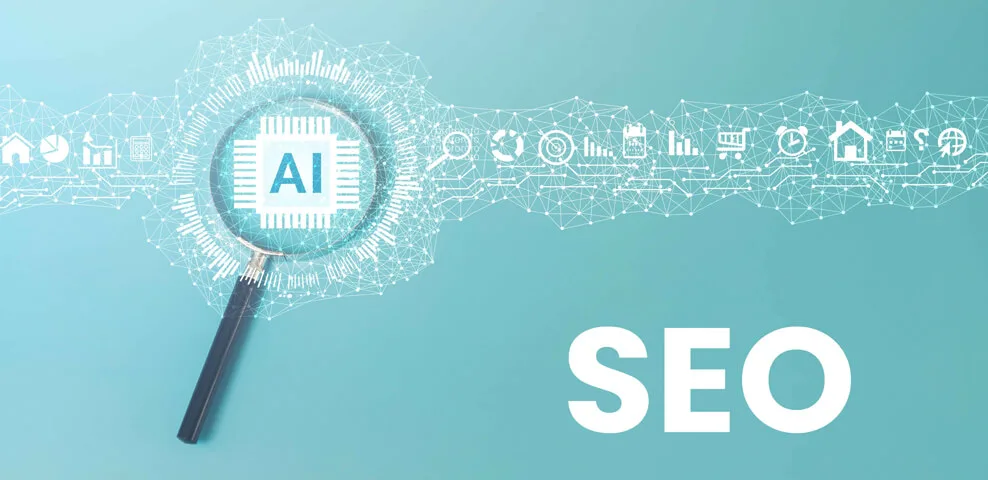
AI is revolutionising the SEO industry by making search engine optimisation more intelligent and evidence-based. But how is it specifically affecting SEO and what is the impact on one’s website ranking? Without further ado, let’s look at how AI is shaping SEO.
How Artificial Intelligence is Shaping the SEO?
AI SEO optimisation can be defined as the utilisation of AI technologies in SEO optimisation processes. This encompasses the use of machine learning algorithms, language processing and data analysis to enhance website ranking and search engine optimization.
The Role of Artificial Intelligence in SEO
AI has a wide significance in SEO ranging from keyword identification to the creation of content and more.
- Keyword research and analysis – AI tools can scan considerable data sets to determine the best keywords, trends, and opportunities that may be overlooked in conventional approaches. These tools include Google’s RankBrain which is an artificial intelligence tool that helps search engines to understand user intent and context.
- Content Optimization – AI algorithms can also be used to analyze the quality and relevance of the content to the search engines. Similar tools such as Clearscope as well as MarketMuse apply artificial intelligence to recommend content based on top-performing pages, in order to apply AI to improve SEO.
- On-Page SEO – On-page SEO activities can also be done by on-page SEO AI-powered platforms that help in the optimisation of meta tags, headers, and images. This makes sure that each part of a webpage is modified to fit the search engine.
- Technical SEO – Using Technical SEO AI tools, it is possible to discover and fix problems that affect the performance of the site. For instance, DeepCrawl, an AI-powered SEO tool, helps with site audits, uncovering problems such as broken links, duplicate content, and slow page speed.
- Link Building – AI is capable of automating the process of getting backlinks by identifying potential link sources and evaluating the likelihood of success in link outreach. Some of the AI tools used for backlink AI strategies include LinkHunter as well as Pitchbox.
- User Experience (UX) Optimization – AI analyses user behaviour data to enhance the overall user experience on a website. This includes improving site navigation, page load times, and mobile compatibility.
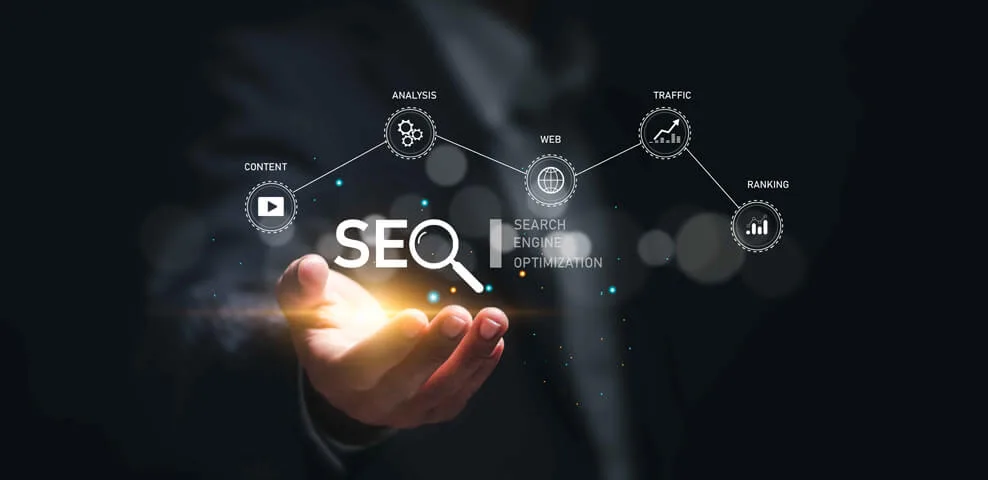
Statistics Highlighting AI's Impact on SEO
- In a report by BrightEdge, 84% of the marketers surveyed opined that the marketing industry will be revolutionised by AI, particularly in the area of SEO.
- Forrester’s research shows that businesses that are using AI for SEO managed to increase organic traffic by 30% after six months of use.
- Research by MarketsandMarkets projects that the AI in the SEO market will grow at a CAGR of 29.7% from 2021 to 2026, underscoring the increasing adoption of AI-powered SEO tools.
AI SEO Tools to Consider
- SEMrush: Currently, SEMrush is famous for offering its users a wide range of SEO tools, and now it is applying AI to help them make decisions.
- Moz: Some of the tools that Moz offers are in the areas of keywords, crawler, and link tools.
- Ahrefs: This tool employs AI technology to provide detailed backlink data and industry insights.
Conclusion
Artificial intelligence integrated with SEO is the future of SEO services, providing organisations with avenues to optimise their online presence. Thus, making SEO more accurate, effective, and valuable through the use of artificial intelligence. It is therefore important to integrate AI in SEO as it not only makes businesses relevant in the growing digital market but also fosters growth in a competitive market.
Don’t get left behind. Contact IKF, a SEO company in Pune for a free consultation and learn how AI-powered SEO can take your website to the next level!
FAQs
1. How does artificial intelligence affect SEO?
Artificial intelligence (AI) improves SEO by enhancing keyword analysis, content optimization, technical SEO, user experience (UX), and link building, leading to better rankings and visibility.
2. What is AI-powered SEO, and how does it differ from traditional SEO methods?
AI-powered SEO uses artificial intelligence tools and algorithms to automate and optimize various SEO tasks, offering more precise insights, faster analysis, and data-driven strategies compared to traditional SEO methods.
3. What are the benefits of using AI in SEO strategies?
The benefits of using AI in SEO include improved accuracy, efficiency, data analysis, personalized insights, and enhanced user experience, leading to better search engine rankings and visibility.
4. How AI is shaping the future of marketing?
AI is shaping the future of marketing by enabling data-driven decision-making, personalized experiences, automation of tasks, predictive analytics, and improved customer engagement, leading to more effective and efficient marketing strategies.
5. How does AI help in improving keyword research and content optimisation?
AI improves keyword research and content optimization by analyzing large data sets, identifying relevant keywords, predicting trends, and providing data-driven insights for creating high-quality, SEO-optimized content.

Ashish Dalia is the CEO & Chief Digital Marketing Strategist at I Knowledge Factory Pvt. Ltd.


Ashish Dalia is the CEO & Chief Digital Marketing Strategist at I Knowledge Factory Pvt. Ltd.



